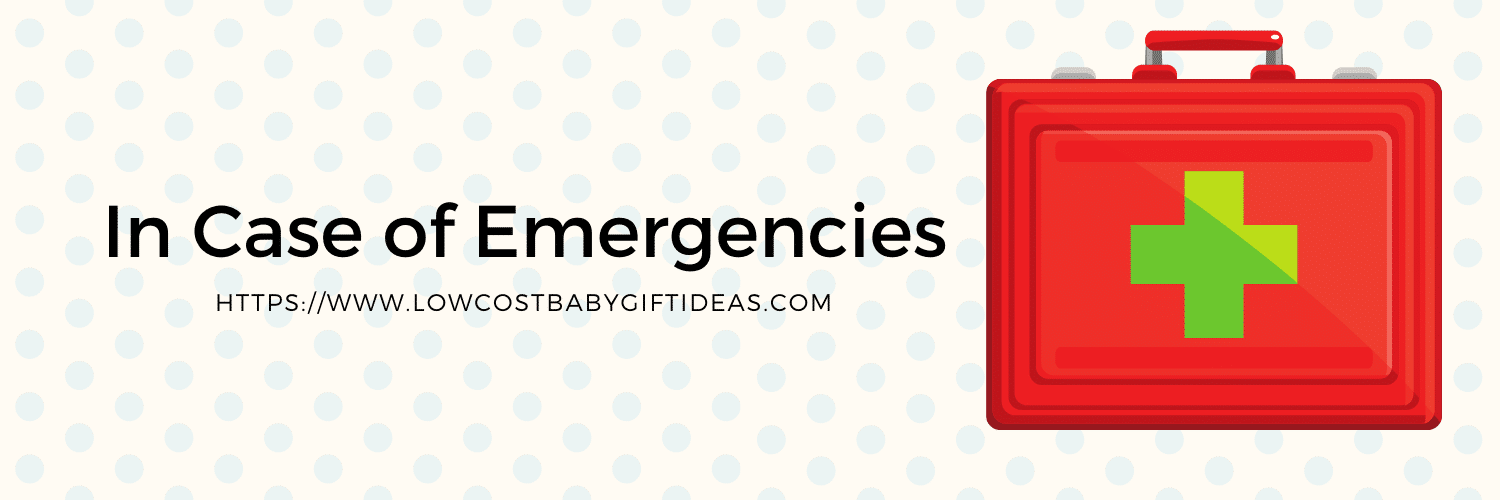 In Case of Emergencies
In Case of Emergencies
Keeping your little one healthy and safe is a full-time job. You childproof the medicine cabinet, use baby gates on stairwells and hallways, and install safety latches on your stoves and cabinets. Obvious hazards such as getting into a car with strangers and leaving the yard without anyone watching is situations parents frequently warn against. You practice what to do if your baby decides to crawl around and put things in his mouth.
As soon as babies crawl, they will inevitably find themselves in a variety of unexpected circumstances, some more critical than others. There are things you should immediately know<span style=”text-decoration: underline;”> in case an emergency does happen. You can design your home in such a way that things are within convenient reach in case you panic and won’t be able to think as objectively. First, you have to place your cordless phones in areas that you often go to. If having several lines installed in your house helps, then go for it.
In case of power outages, keep flashlights available in each room. Also, make sure that they have batteries that work. Otherwise, you’ll be groping around the dark and increase your chances of bumping into things. Don’t wait until a power failure does happen. It’s easy to become disoriented when the lights go out. Moreover, items left in the doorway or on the stairs may result in accidents and injuries. Put flashlights and candles in areas that don’t require you to walk far. Check the batteries regularly and stock your drawers with batteries of different sizes.
Put a list of allergies and medical requirements your child may have. If he is severely allergic to certain foods, he may accidentally ingest an allergen that could cause a severe reaction. If he requires medical attention and you’re not around, the babysitter should know what to do. Provide a list of the doctors to call and the medicines to take to give them immediate relief. Because these people may also not know what to do, make sure that your instructions are precise and well-stated. Also, list down your number so that they could call you as soon as this happens. For example, a parent with an asthmatic child may need a rescue inhaler in case he gets into a coughing fit. The caregiver must be made aware of what emergency number to dial and where to get the medication just in case the paramedics don’t come immediately.
Having a proactive attitude that incorporates responsible actions and safe practices gives everyone the confidence and security to act responsibly. As much as you would like to stay home with your baby, you may be required to leave them at home every so often. It’s not always easy for parents to hand over the big responsibility to someone else. To at least calm yourself, you need to take these precautionary measures. They really do make you feel better, and at least you can now leave your home knowing that you’ve given the people at home everything they need to keep your baby safe and unharmed. When it comes to emergencies, knowledge is definitely power.
